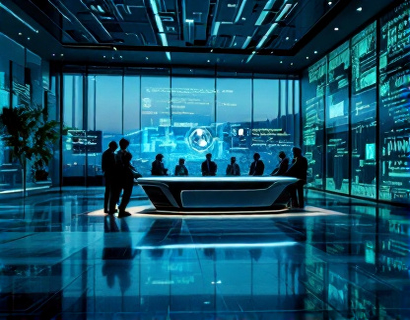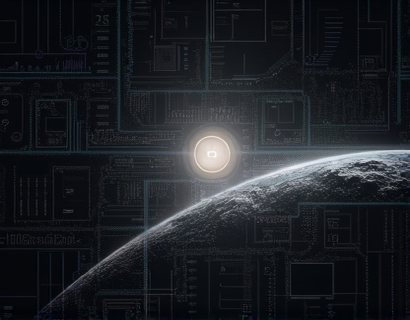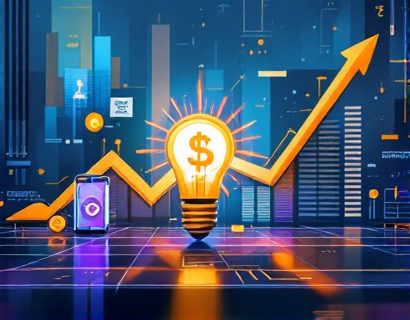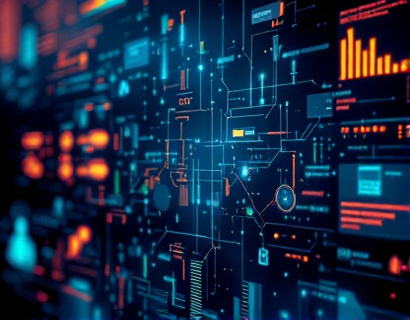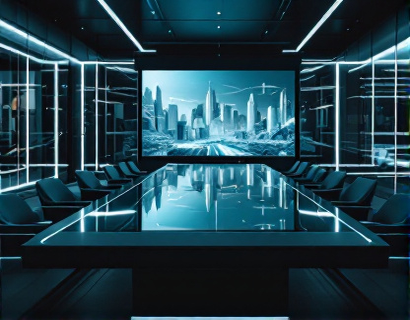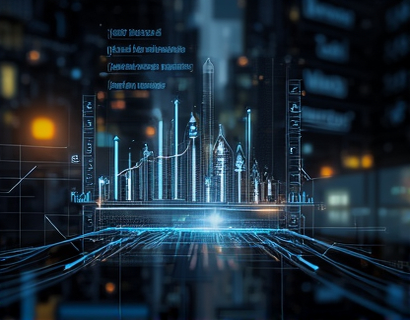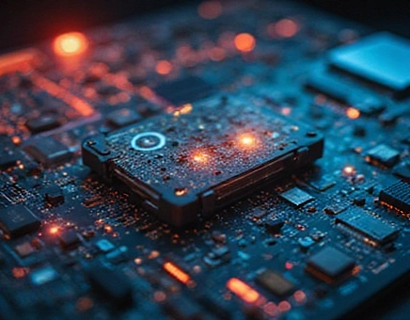Elevate Your Restaurant: Expert Management Software for Streamlined Operations and Enhanced Customer Experiences
In the competitive world of dining, restaurant owners and managers face numerous challenges daily. From managing staff schedules and inventory to ensuring seamless customer service, the tasks can be overwhelming. However, with the advent of expert management software, these challenges can be significantly mitigated. This software is designed to optimize operations and enhance customer experiences, streamlining workflows and communication to deliver exceptional dining experiences while boosting efficiency.
The primary goal of implementing such software is to create a more organized and efficient restaurant environment. By automating routine tasks and providing real-time data, restaurant management software allows owners and managers to focus on what truly matters: providing an outstanding dining experience for customers. This article delves into the various ways expert management software can transform a restaurant's operations and customer interactions.
Streamlining Internal Operations
One of the most significant benefits of restaurant management software is its ability to streamline internal operations. Managing a restaurant involves numerous moving parts, and keeping everything in order can be a daunting task. Here are some key areas where the software can make a substantial difference:
- Staff Management: Scheduling, time tracking, and attendance can be managed efficiently. The software can automatically generate schedules based on sales forecasts, employee availability, and legal requirements, ensuring that the right staff is on duty during peak times.
- Inventory Control: Real-time inventory tracking helps prevent overstocking or stockouts. The software can alert managers when items need to be reordered, reducing waste and ensuring that popular items are always in stock.
- Financial Management: Automated financial reporting and accounting features provide a clear overview of the restaurant's financial health. This includes tracking revenue, expenses, and profit margins, making it easier to make informed business decisions.
- Order Management: From taking orders to processing payments, the software can handle the entire order lifecycle. This reduces errors and speeds up service, leading to higher customer satisfaction.
By automating these tasks, restaurant staff can focus on providing excellent service, which is crucial for building a loyal customer base. The software acts as a backbone, supporting the day-to-day operations and allowing the team to operate more smoothly and efficiently.
Enhancing Customer Experiences
Customer experience is paramount in the restaurant industry. A positive dining experience can lead to repeat business and positive word-of-mouth, which are invaluable for any restaurant. Expert management software enhances customer experiences in several ways:
Personalized Service: With detailed customer data, staff can provide personalized service. The software can track customer preferences, order history, and special requests, enabling staff to tailor their service to each guest's needs.
Efficient Service: Streamlined order management systems ensure that orders are prepared and delivered promptly. This reduces wait times and keeps customers satisfied. Real-time updates on order status can also be communicated to customers, keeping them informed and reducing anxiety.
Feedback Collection: Post-visit surveys and feedback forms can be easily integrated into the software. This allows restaurants to gather valuable insights from customers, identify areas for improvement, and make necessary adjustments to enhance the dining experience.
Loyalty Programs: Implementing a loyalty program is simplified with management software. Customers earn points for each visit or purchase, which can be redeemed for rewards. The software can track points, manage redemptions, and even send personalized offers to loyal customers, encouraging repeat visits.
Improving Communication and Collaboration
Effective communication and collaboration among staff are essential for a well-run restaurant. Management software facilitates this in several ways:
Centralized Communication: A centralized platform for communication ensures that all staff members are on the same page. Messaging features, announcements, and alerts can be used to keep everyone informed about important updates, changes in schedules, or special events.
Role-Based Access: Different staff members have different levels of access to the software based on their roles. This ensures that sensitive information is only accessible to authorized personnel while providing necessary information to those who need it.
Integration with Other Tools: Many management software solutions integrate with other tools and systems used by restaurants, such as point-of-sale (POS) systems, reservation platforms, and marketing tools. This integration ensures that all data is synchronized, reducing the risk of errors and improving overall efficiency.
Boosting Efficiency and Profitability
The cumulative effect of streamlined operations, enhanced customer experiences, and improved communication is a significant boost in efficiency and profitability. Here’s how:
Reduced Labor Costs: By optimizing staff schedules and reducing errors, labor costs can be minimized. Overstaffing during slow periods and understaffing during busy times becomes a thing of the past.
Increased Revenue: Efficient order processing and personalized service lead to higher customer satisfaction and increased sales. Loyalty programs and targeted marketing based on customer data can also drive additional revenue.
Lower Operational Costs: Inventory management prevents overstocking and waste, reducing costs. Automated financial reporting helps in identifying areas where expenses can be cut without compromising service quality.
Data-Driven Decision Making: Access to real-time data and analytics enables restaurant owners and managers to make informed decisions. This can range from optimizing menu offerings to adjusting marketing strategies based on customer behavior.
Conclusion
Expert management software is a powerful tool for restaurant owners and managers looking to elevate their operations and customer experiences. By automating routine tasks, providing real-time data, and facilitating better communication, this software transforms the way a restaurant functions. The result is a more efficient, profitable, and customer-focused dining establishment that stands out in a competitive market.
While the initial investment in such software may seem significant, the long-term benefits far outweigh the costs. The time saved, the reduction in errors, and the enhancement in customer satisfaction all contribute to a more successful and sustainable business. As the restaurant industry continues to evolve, embracing expert management software is not just an advantage—it's a necessity for any serious restaurant owner or manager.











